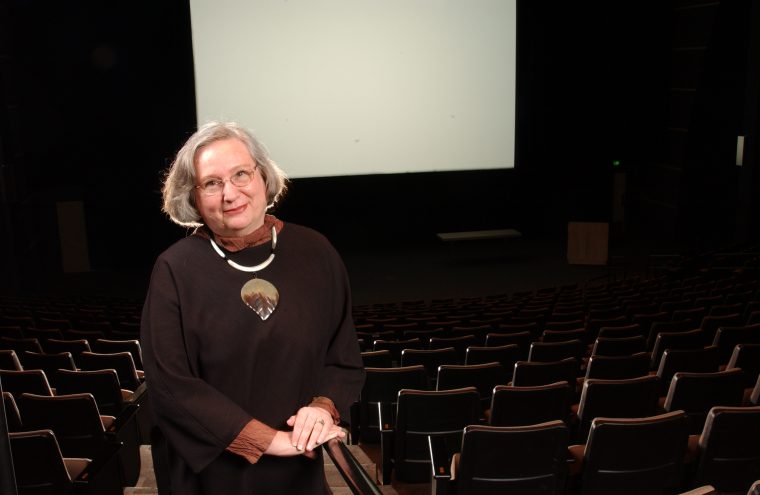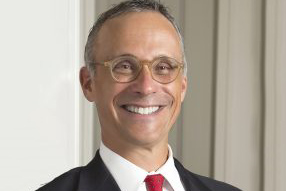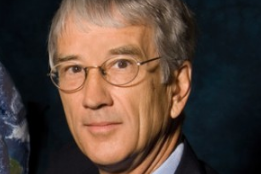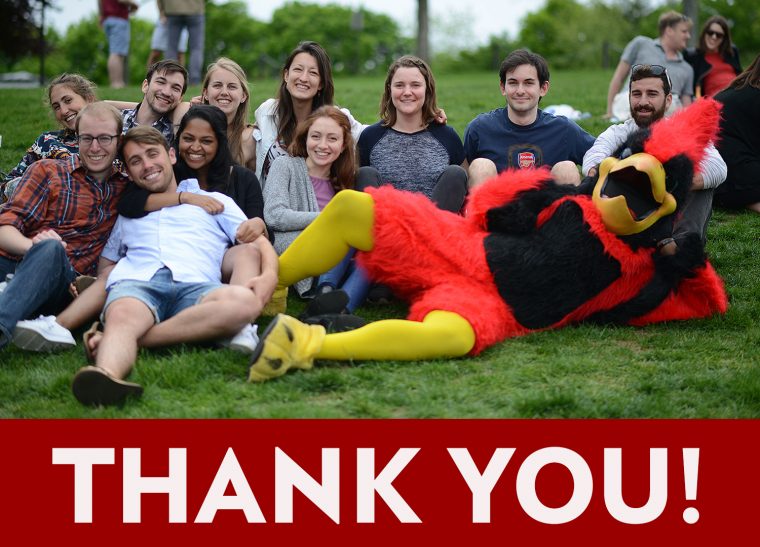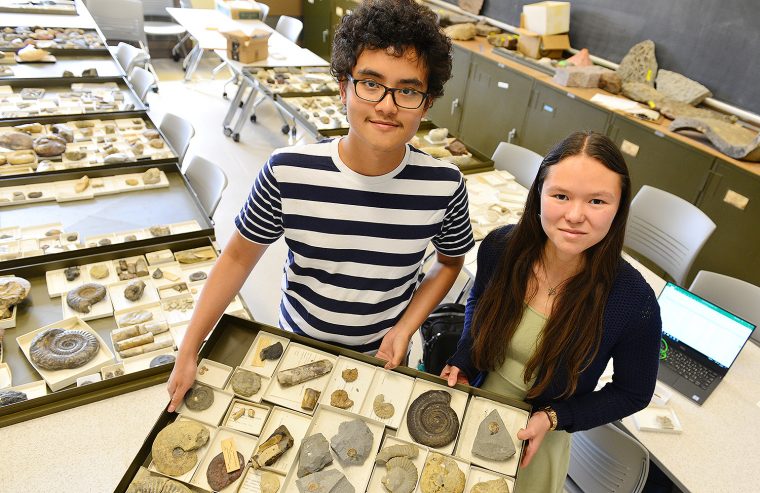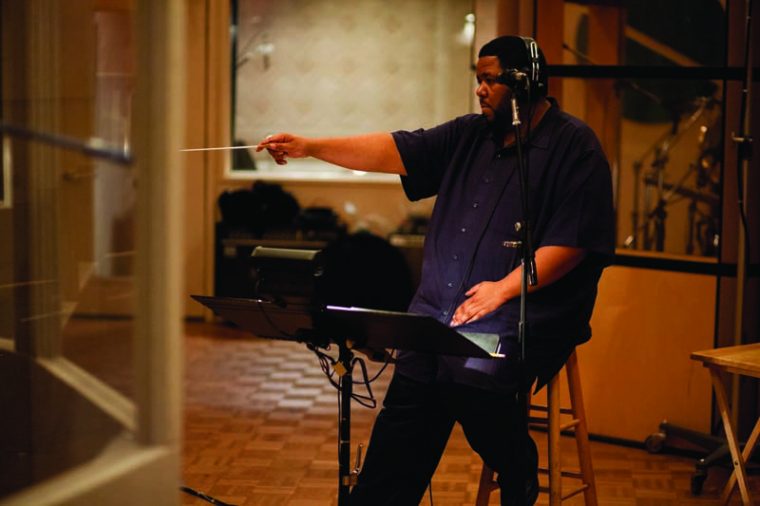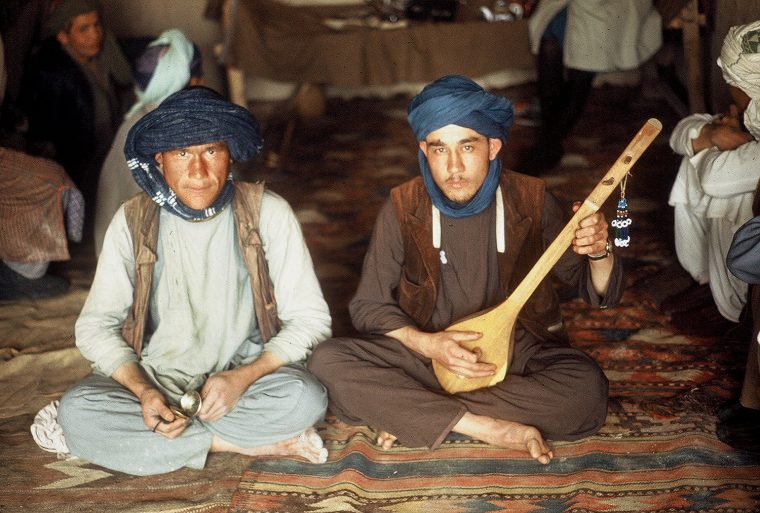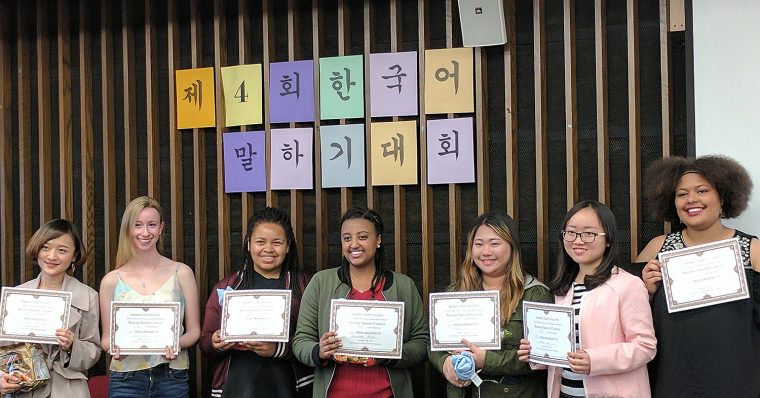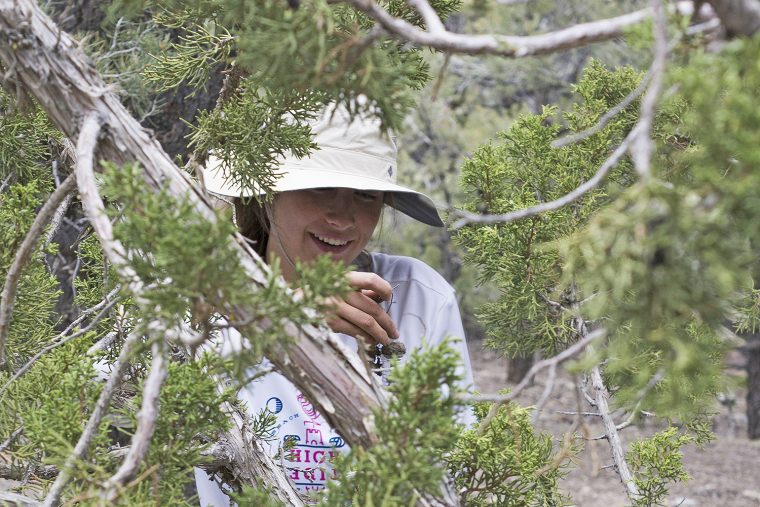This summer, graduate student Suhail Yusuf Khan and his band Yorkston Thorne Khan are performing in music festivals around the world. The band is comprised of Khan, a sarangi violinist and a vocalist of Indian classical music; James Yorkston, a folk singer and guitarist; and Jon Thorne, a jazz bassist. Yorkston, Thorne and Khan performed at the Glastonbury Festival June 25 in Somerset, England. Afterwards, the group was mentioned in The Telegraph's "10 highlights" article written by Alice Vincent: While it's easy to stumble upon a whole new field or an excellent hidden bar at Glastonbury, the best festivals give you a…
How did summer get to be such a make-or-break season for Hollywood? It wasn't always this way, Corwin-Fuller Professor of Film Studies Jeanine Basinger recently told Marketplace, from American Public Media. “In the old days, the studio system rolled out movies,” she said. “I mean, let’s take MGM. In 1952 [it] put out a feature film every week, so for 52 weeks they rolled out 52 features.” In the 1940s, 80 percent of Americans went to the movies once a week. But with television gaining popularity, attendance had plummeted by the 1970s. Until 1975, when Jaws was released around the July 4th weekend. It…
Writing in Inside Higher Ed, President Michael S. Roth responds to a recent Pew Research Center survey showing a sharp partisan divide in how Americans view higher education. While 58 percent of Republicans and right-leaning independents say colleges are having a negative impact on "the way things are going in the country," 72 percent of Democrats and left-leaning independents see colleges as positive. (more…)
Gary Yohe, the Huffington Foundation Professor of Economics and Environmental Studies, writes in HuffPost that the Trump Administration must acknowledge and factor in the effects of climate change when it tackles American infrastructure. (more…)
In June, the Cardinal community joined together to gain an additional $1 million for financial aid for students during Wesleyan’s $1 Million Cardinal Challenge. This year’s Cardinal Challenge was funded through the generosity of the members of Wesleyan’s Board of Trustees, who pledged $500 for financial aid for every gift of any amount to any Wesleyan cause received during the month of June, for a total of up to $1 million. The challenge inspired 2,300 gifts from alumni, parents and friends—securing the additional $1 million for financial aid and bringing a $64 million fundraising year to a successful close. (more…)
Scattered throughout campus are remnants of not only Wesleyan's history, but world history. After the closing of the Wesleyan Museum in 1957, thousands of specimens in many collections were displaced, often haphazardly, to nooks, crannies, tunnels, attics, storage rooms, and random cabinets at Exley Science Center, Judd Hall, and the Butterfield and Foss Hill residence complexes. Many of these specimens haven't been accessed in 60 years. "Sadly, few people are aware that Wesleyan has these unique resources," said Ellen Thomas, the University Professor in the College of Integrative Sciences and research professor of earth and environmental sciences. "The collections have not been…
"Tyshawn Sorey Defeats Preconceptions," proclaims the The New Yorker headline on a profile of Wesleyan's newest assistant professor of music, Tyshawn Sorey MA '11, who will join the Wesleyan faculty this fall. "The prodigious multi-instrumentalist and composer transcends the borders of jazz, classical, and experimental music." (more…)
Between 1967-1972, ethnomusicologist Mark Slobin was one of only four Western ethnomusicologists who managed to complete research in Afghanistan before the subsequent Soviet invasion, civil war, and anti-music Taliban regime. During these five years, Slobin, who retired from Wesleyan 2016 as the Winslow-Kaplan Professor of Music, completed a comprehensive documentation of music, culture, language and society in the Afghan North. Given the region's volatile unrest, no further musical—and by extension cultural—studies have been undertaken since. Slobin's rare survey of this time period is now available online through Alexander Street, a producer of online educational resources. "The Mark Slobin Fieldwork Archive, Music in the…
Professor of Economics Richard Grossman was asked by Wales Online about his expectations for the economic impact of Brexit over the next few years. He said: "Leaving the European Union will be a drag on the British economy in the medium term. Even before Brexit takes effect, however, the economy will be hurt by two factors: expectations and uncertainty. “The expectation that the UK will no longer have free access to the European market may lead exporters to reorient production toward domestic consumption or export to non-EU regions well before Brexit comes into force. UK-based financial firms may shift operations to EU…
On June 23, Professor of Economics Richard Grossman presented a paper at an economic history symposium jointly sponsored by the Bank of England and the the Centre for Economic Policy Research. Titled, "Beresford's Revenge: British equity holdings in Latin America, 1869-1929," the paper looks at stock market returns of Latin American firms traded on the London Stock Exchange. The program for the conference can be seen here.
Two Wesleyan students received top prizes in the Five College Korean Language Speech Contest held April 14 at the University of Massachusetts-Amherst. This was Wesleyan's second year participating in the contest. The recipients include Madison McClain-Frederick '20, who took first prize for the beginning level with her speech titled "My Red Sneakers," and Bethlehem "Betty" Bekele '19, who took second place at the intermediate level with her speech titled "My Country Ethiopia and Korea." Bekele is supported through a Center for East Asian Studies language study grant to spend this summer studying language in Korea. The contest is sponsored by the Five College East…
This spring, a research team from Wesleyan traveled to Death Valley National Park to explore the ways bacteria diversifies in extreme environments. Death Valley, located about 130 miles west of Las Vegas, is a below-sea-level basin known for being the hottest place on earth and driest place in North America. The average rainfall is less than 2 inches, annually. "National parks are ideal for research, in general, because the land is protected indefinitely from commercial development," said team leader Fred Cohan, professor of biology, professor of environmental studies. "Death Valley is a nice model system for exobiology because of its extreme…



